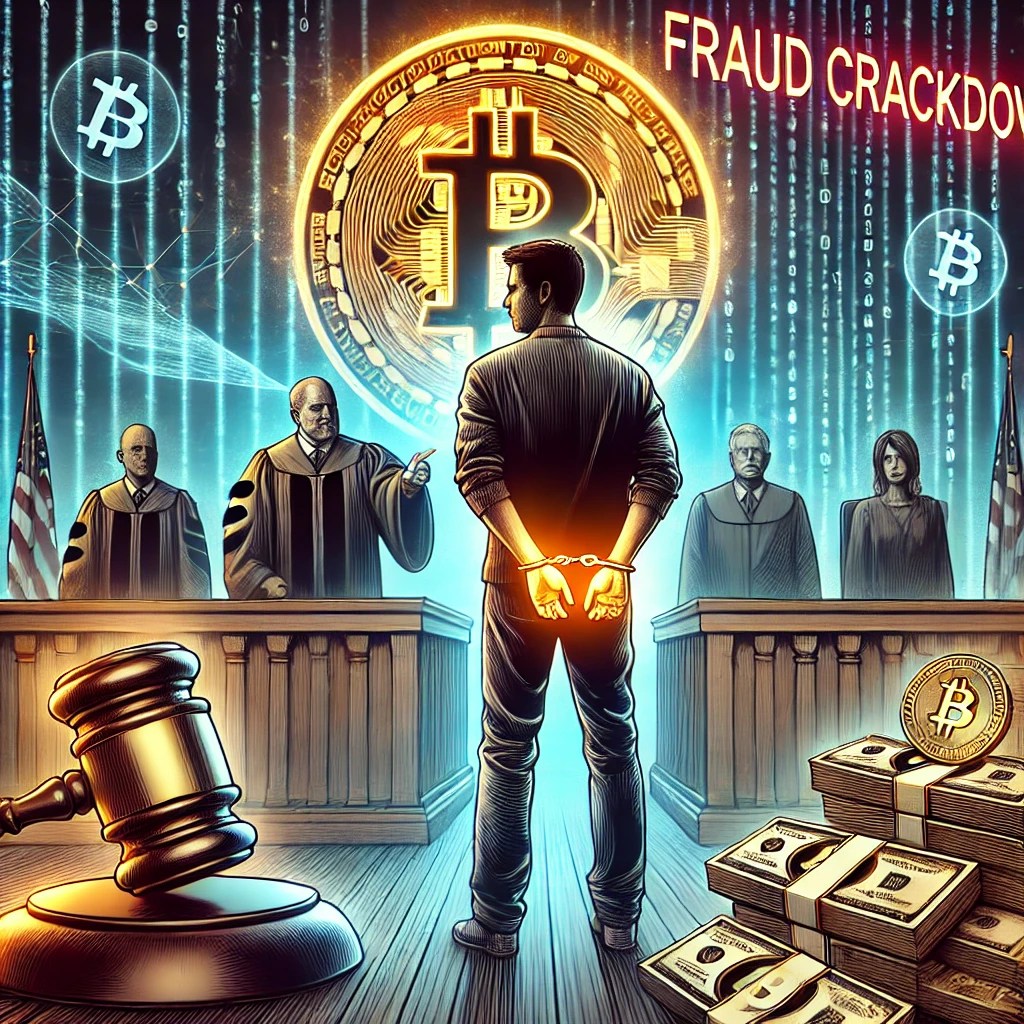As the digital landscape continues to expand, cryptocurrency has become a focal point for investors worldwide. Market dynamics and legal frameworks significantly impact this volatile industry, and the recent legal developments in South Korea provide a fascinating case study. The outcome of the Haru Invest trial offers insights into how external factors and regulatory environments shape the futures of crypto ventures and investor protections.
Legal Insights: Haru Invest CEO Acquitted in Major Crypto Fraud Case
The Court’s Decision and Its Implications
In a landmark judgment, the Seoul Southern District Court recently cleared Lee Hyung-soo, CEO of Haru Invest, of fraud charges. This decision effectively concludes a critical chapter in one of South Korea’s most high-profile crypto legal battles. Initially implicated for allegedly mishandling over $650 million in investor funds, Lee’s acquittal was based on the court’s finding that his actions did not meet the legal threshold for criminal deception. While managerial lapses were noted, the court highlighted external market disruptions, such as the fall of the FTX exchange, as contributing factors to Haru’s operational collapse.
Understanding the Judicial Rationale
The court’s ruling emphasized the distinction between managerial incompetence and criminal intent. Lee argued successfully that Haru’s business model was predicated on legitimate investment activities that yielded real profits. This stance was bolstered by the court’s acknowledgment that the broader crypto market’s instability played a significant role in Haru’s inability to fulfill financial commitments. Consequently, the case diverged from typical Ponzi scheme attributes, setting a precedent for future assessments of crypto-related fraud.
Consequences for the Crypto Regulatory Framework in South Korea
The outcome of this case showcases the evolving legal landscape surrounding digital assets in South Korea. By illustrating how external factors can affect business outcomes, it underscores the need for nuanced legal approaches in assessing crypto fraud. The acquittal of Lee and his colleagues may lead to refined guidelines on cryptocurrency management and investor safeguarding, highlighting the importance of distinguishing between intentional fraud and market-driven failure.
Impact on Investors and Market Confidence
Although Lee’s acquittal resolves his criminal liability, it leaves a wake of financial uncertainty for affected investors, many of whom hope for restitution through ongoing bankruptcy proceedings and potential civil litigation. The case exemplifies the challenges of securing investor interests in a rapidly evolving digital asset marketplace. As the legal landscape matures, such rulings will likely shape investor confidence and influence future regulatory policies.
Broader Market and Legal Repercussions
The Haru Invest case has ramifications beyond South Korea’s borders, offering a valuable perspective on the global digital currency market’s legal and regulatory challenges. This case highlights the critical balance between regulatory oversight and market innovation and underscores the importance of robust legal frameworks in safeguarding investor interests while fostering industry growth.
FAQs on the Haru Invest Case and Crypto Regulation
What factors contributed to the acquittal of Haru Invest’s CEO?
The court found no criminal intent in Lee’s actions, emphasizing external market disruptions like the collapse of FTX as significant contributors to Haru’s difficulties. It recognized that while managerial mistakes were made, these did not equate to intentional fraud.
How might this ruling affect future crypto regulations in South Korea?
This case could lead to more detailed regulatory guidance on evaluating crypto fraud, especially where business failures are caused by market volatility rather than deliberate misconduct. It highlights the necessity of clear distinctions between managerial errors and criminal activities.
What does this mean for investors affected by the Haru Invest collapse?
While the criminal charges have been resolved, the path for affected investors mainly lies in civil litigation and bankruptcy proceedings. The case illustrates the complexities investors face in recovering their investments amidst a dynamic legal and market environment.
Is the outcome of this case unique to South Korea?
While specific to South Korean law, the case provides a broader lesson in the global context of digital currency regulation. It underscores the importance of aligning legal frameworks with market realities to provide robust investor protection and promote sustainable industry practices.

